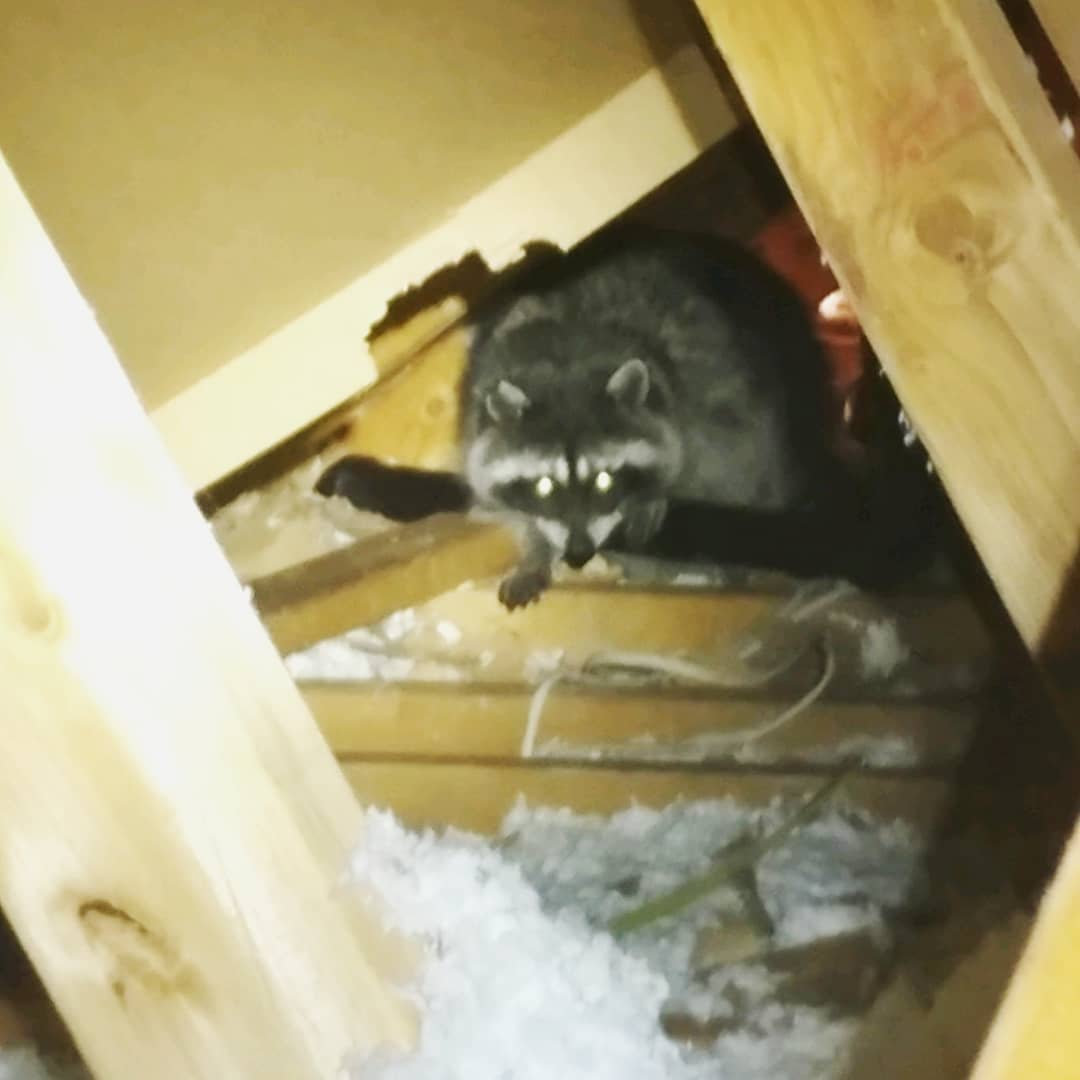Lynnwood, Washington - 98036, 98037
 History
History
The first settlers came ot this area in 1889. The land was covered in dense trees which made the area prosperous via the logging industry. With the areas lush vegetation, it didn't leave a lot of room for agriculture so stonemasonry and logging were the areas main industries for the beginning of the settlement of the area. When the area was logged, it left hundreds of acres of land littered in tall stumps and tree debris. The stump ranches were bought out by entrepreneurs after the interurban rail line between Seattle and Everett was completed; connecting Lynnwood to the outside cities. The treck to Seattle was very difficult until the railway came through and that gave a new purpose to the area. The area was slowly cleared and that opened up more area for agriculture and stock raising. Trains carried passengers in the day, and freight at night. Some of the logged land subdivided into mini ranches and sold to city dwellers with the idea of glamorous homsteading. Today it's a bedroom community for people that work in Seattle, Everett, and Bellevue. With every older city however, there can also be problematic wildlife.
Common Wildlife
Wildlife in Lynnwood can include everything from woodpeckers, rats, and mice; to raccoons, opossums, and rabbits. It is an older city, and with older buildings there can be some construction gaps, or spaces that have settled creating holes. Over time, wood starts to decay and become soft and brittle; especially with all this western Washington rain. Raccoons and squirrels are frustratingly good at taking advantage of weak spots in roofs and fascia and soffit boards and making themselves at home. Rats and mice can also use these areas to gain access into your home, creating a mess in their wake. All these animals can leave behind droppings, urine, structural damage, and nesting material in addition to the diseases and parasites the carry.
Wildlife Damage 
Repairing your home from rodent damage can cost a pretty penny. They can soil insulation with urine and feces, chew new holes for entry, damage wires, destroy moisture barriers, chew through eaves, and try to gain access to the interior of the home. They can cause awful smells, and carry diseases that are transferable to people, and domesticated pets. The fact of the matter is, everyone deals with wildlife. You are not alone. 206.431.6833




